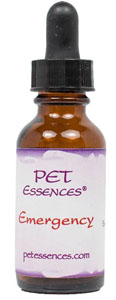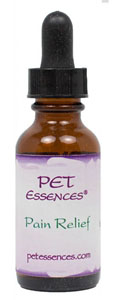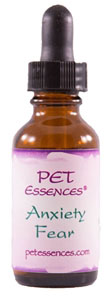Lyme disease vaccine - black legged tick
Lyme Disease Vaccines | Types of Lyme disease vaccines for dogs | Fort Dodge's vaccine | Merial's vaccine | Intervet-Schering-Plough's vaccine
Lyme Disease Vaccines
Lyme disease vaccines for dogs have been available since the late 1990's. As with many other types of vaccines/medications, manufacturers took their lead for developing Lyme disease vaccines for dogs from advances made with human vaccines for Lyme disease.
Interestingly enough, the vaccine for human Lyme disease was discontinued in 2002, four years after going to market. The manufacturers cited low demand, which was probably brought on by the fact that:
- Protection was not long lasting and people had to renew their shots.
- The adverse media attention given to the risks and side effects associated with the vaccine.
Currently there are vaccines available for dogs. However despite the seriousness of canine Lyme disease the jury is still out on whether the vaccine provides sufficient benefits to outweigh the risks and side effects of their use.
Including the Lyme disease vaccine as part of your pet's annual vaccine selection is not something to be taken lightly. Factors which need to be considered are:
- Somewhere between 75-90% of dogs bitten by a black legged tick do not have an allergic reaction and their immune systems cope with the infection.
- Where you live and where you exercise your dog. Obviously if you live in black legged tick country, your dog's risk factor will be higher than inner city living.
- The age of your dog. Recent studies indicate young, male small breed dogs have a higher risk of an allergic reaction.
- The general health of your dog and whether it has any underlying existing conditions contra to vaccinations, such as autoimmune deficiency or pregnancy.
- Whether your dog has experienced allergic reactions to previous types of vaccinations.
Types of Lyme disease vaccines for dogs
There are 3 types of Lyme disease dog vaccinations available today. There are significant differences among them, and a brief explanation of each may help you to make a more informed decision.
Fort Dodge's vaccine
The Fort Dodge vaccine uses a familiar technique used in the production of vaccines in general. A small amount of dead Lyme disease bacteria is introduced into the dog's system to stimulate the immune system to create antibodies.
This is based on the premise, that if a dog is bitten by an infected black legged tick, that he will already have Lyme disease antibodies present in his system to fight the infection.
The Fort Dodge's vaccine is considered to be the most risky, because it can lead to an untreatable version of Lyme disease and/or cause significant side effects, e.g. vaccine reactions or allergies.
Merial's vaccine
The Merial's vaccine contains the actual antibodies which protect against one of the surface proteins a tick uses to attach itself to the body of a dog. This protein (OspA), is potentially blocked from transmission, once the tick ingests the antibody contained within the dog's blood.
Intervet-Schering-Plough's vaccine
Intervet-Schering-Plough's vaccine is considered the safest and most effective of the available vaccines. It protects against OspA as well as OspC - OspC being another protein involved in the process of Lyme disease transmission.
Your family vet is the best person to help you make a decision to vaccinate your dog for Lyme disease.
This article and information forms part of the Carole's Doggie World Holistic Library and is presented for informational purposes only.The information is not intended to be a substitute for visits to your local vet. Instead, the content offers the reader information researched and written by Carole Curtis for www.carolesdoggieworld.com







